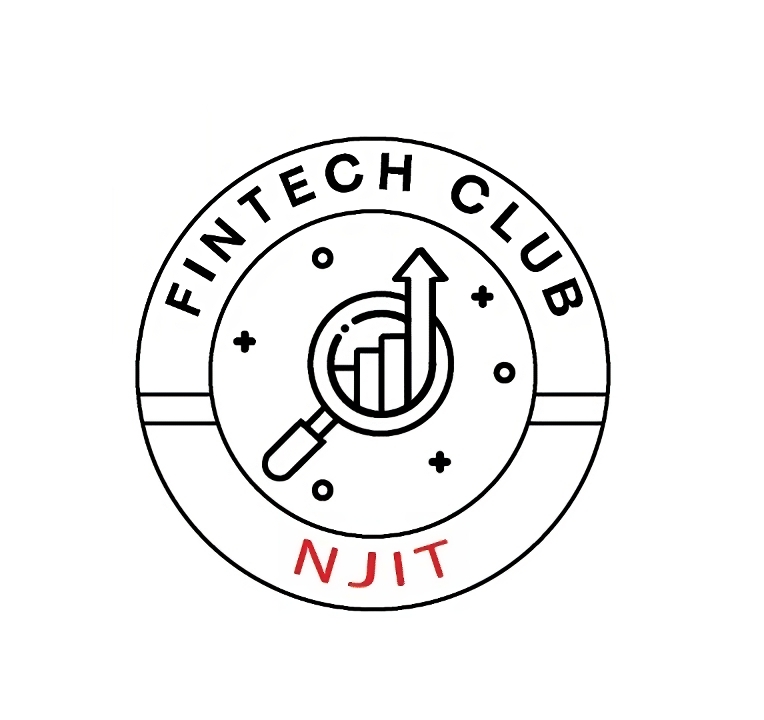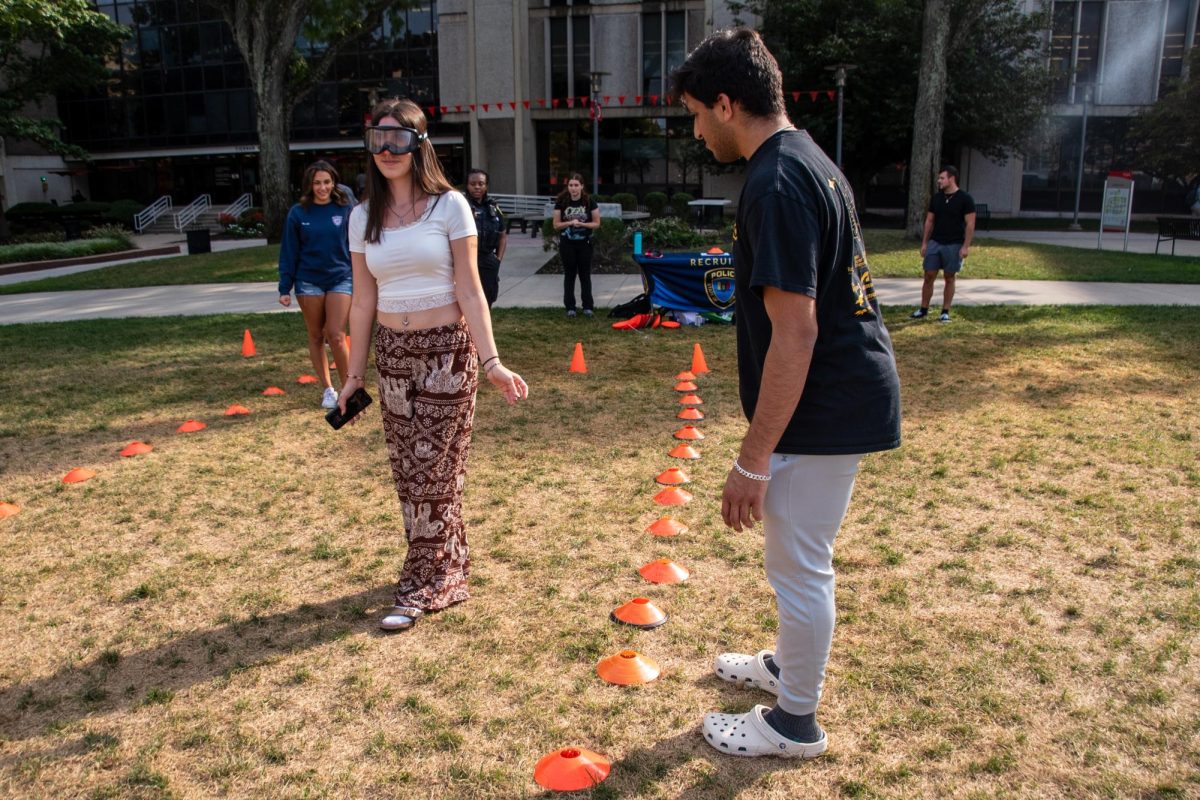Under pressure from the world and with hunger to thrive as a social network, Facebook shifted its focus to the new kid in tech town, the metaverse. On Tuesday, Oct. 28, Facebook announced in a keynote that it would change its name to “Meta,” short for the word “metaverse.” The metaverse is the new technological innovation promising to take over the world. Under company scrutiny and change of focus, Facebook strategically changed its name, after 17 years as a social platform since its foundation in a college dorm.
The term “metaverse” comes from the ‘90s fiction books “Snow Crash” and “Ready Player One,” in which humanity depends on living in a virtual world beyond analog life. In these books, the metaverse consists of fully developed virtual worlds and societies, in which people interacted through virtual reality headsets without physical presence.
In a founder’s letter, CEO Mark Zuckerberg claims, “the next platform will be even more immersive — an embodied internet where you’re in the experience, not just looking at it.” The metaverse is the new virtual platform hoping to influence every aspect of our lives. However, we’re not fully there yet. To make the metaverse a fully developed platform, technologies like augmented reality, mixed reality, virtual reality and chip optimization have to mature. To specify, Zuckerberg stated some technical factors Meta is focusing on improving, such as dynamic focal length and “vividness,” or the intensity of the colors emulated by its headsets and corresponding displays.
Other technologies have been making tremendous progress, such as eye tracking, which allows computers to predict where the user is looking through sensors. The truth is the computing resources we have nowadays can handle the graphic load. However, portability, price and software tools potentially still prevent the metaverse from flourishing. Once these become more feasible, though, the metaverse will hit specific industries first. In a press release, Meta stated that it will first target “social connection, entertainment, gaming, fitness, work, education and commerce.” These industry targets shine a light on what Zuckerberg will be working on for the next decade.
Why did Facebook become Meta? There are two ways to see it; either the company is passionate about this new chapter in technology, or it is trying to avoid massive scrutiny under their leadership decisions. The company claims that the name change comes from years of work after focusing on virtual reality technologies. Zuckerberg explained in his founder’s letter, “our brand is so tightly linked to one product [Facebook app] that it can’t possibly represent everything we’re doing today, let alone in the future.” The social networking company, Facebook, had started working with virtual reality seven years ago when it acquired Oculus, a virtual reality company. At the time in 2014, Zuckerberg’s vision was shared among a few tech visionaries. Still, funding and investors didn’t see any concrete progress or change. This year though, virtual reality demos and platform progress were seen when Facebook delivered its keynote Connect 2021. After the conference, which showed technological progress and commitment to the metaverse idea, Facebook stock rose 4% in a week, and investors felt more confident about the concept. As their long-term financial prospects under the name Facebook deteriorated, Meta has massively invested in the metaverse. According to Reuters, Facebook has invested $50 million and is projected to invest $10 billion next year alone in metaverse technologies and employees.
As Facebook moves on to the metaverse, its social app still encounters criticism and lawsuits regarding ethical decisions in managing the social networking platform. Instagram, one of Facebook’s apps, has been accused by lawmakers of knowingly damaging teens’ self-esteem and giving a platform for misinformation without restrictions. In addition, former Facebook employee Frances Haugen leaked a number of the company’s internal research documents revealing that Facebook is losing teen attention on its apps, and it’s trying to get their attention back no matter the cost. New York Times tech reporter Kara Swisher summarized: “some of the whistle-blower’s documents suggested that inside Facebook, there’s real anxiety about losing the youngsters, who are moving onto more innovative platforms such as TikTok.” This anxiety has led Facebook executives and leaders to turn oblivious to issues such as negative social comparison and bullying happening in the app, and prioritizing profit — by way of more screen time — over users’ wellbeing.
If the metaverse happens, an entirely new market can be born. It would give everyone opportunities to invest in and contribute to the metaverse. To creatives, good news: STEM majors will not be the only ones benefitted. Three-dimensional art and NFTs are expected to propel the metaverse. Zuckerberg listed some things built in the metaverse: “apps and experiences, complete digital worlds and rooms, digital clothing, digital items and accessories,” which would be created not just by big companies, but also by independent artists worldwide. Roblox, a game-creating platform, stated in a New York Times interview that “players spent $652 million on the site’s virtual currency, Robux, which can be used to purchase hats, weapons, hot air balloons and other digital items for their characters.” So there seems to be a market for digital art, and if the metaverse grows, the three-dimensional art market will too.
As Mark Zuckerberg shifts Facebook toward the metaverse, humanity faces a possible sequence of important events that can change our lives forever. Zuckerberg defined Meta in his Connect 2021 keynote: “I used to study Classics, and the word ‘meta’ comes from the Greek word meaning ‘beyond.’ For me, it symbolizes that there is always more to build, and there is always a next chapter to the story.” Zuckerberg’s vision is impressive, but the metaverse will go beyond him and his company. It can impact economies, industries, our way of living and how we interact in unpredictable ways. Although many technological breakthroughs will need to happen before the metaverse is born, one thing is certain; our future is heading towards one with flexibility to thrive.



























